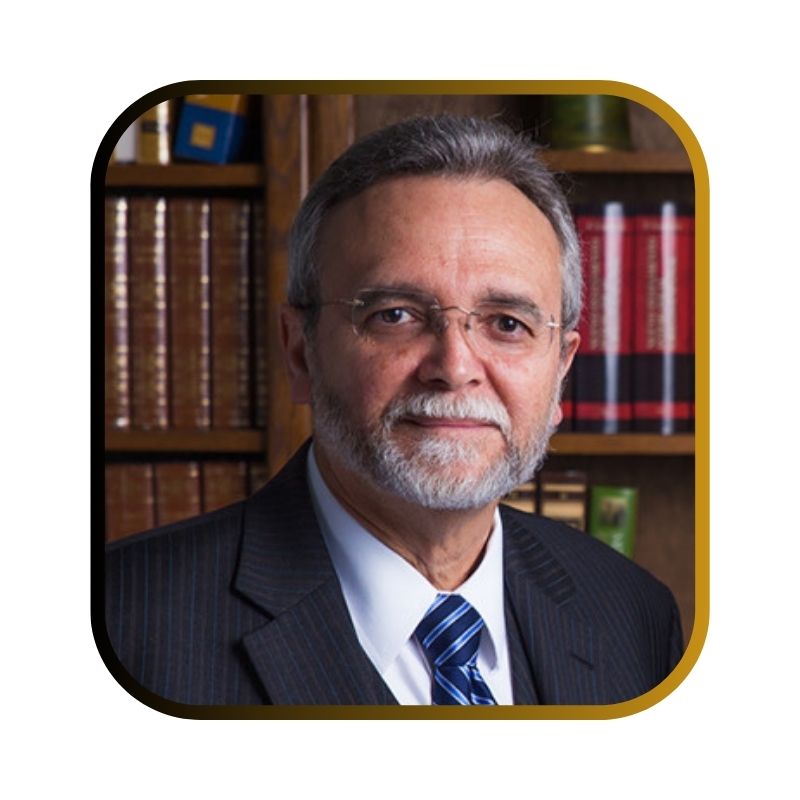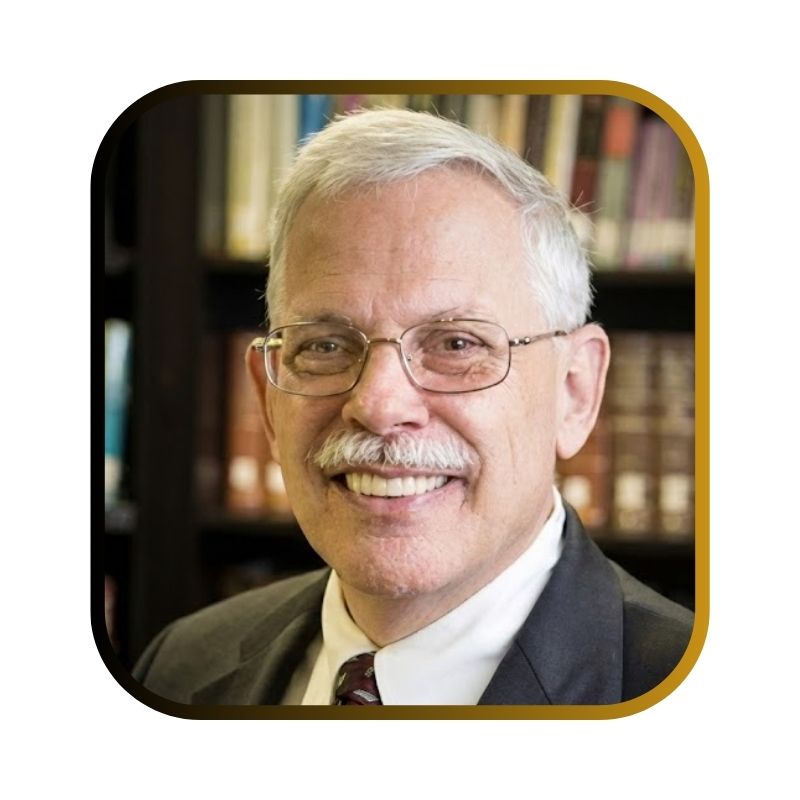At the North Bergen Pastoral Academy, we firmly believe that pastoral ministry is both a privilege and a sacred responsibility, granted by God to those whom He has called.
It is not merely about acquiring knowledge, but about cultivating a heart conformed to Christ, ready to serve the church with humility, faithfulness, and love for the truth of the gospel.
Our mission is to prepare men faithful to the Word, with proven character and a clear vision to lead God’s people in obedience to the Scriptures.
We strive to provide rigorous academic training, accompanied by personal discipleship and spiritual guidance, so that each student is equipped not only in theological knowledge but also in ministry practice and godly living.
Here you will find a space where biblical teaching is combined with pastoral experience, where the community of brothers and servants of God walks together in faith, and where every aspect of formation is aimed at glorifying Christ and building His church.



The Pastoral Academy was born thanks to the commitment and vision of a group of servants of God who, moved by the desire to strengthen the local church and guided by the direction of the Lord Jesus Christ through His Spirit and Word, took the first steps to make this academy a reality.
With gratitude to God, we recognize our founding members:
Each of them has contributed with their effort, wisdom, and service, laying the foundations of an institution that seeks to equip the Lord’s church with solid, biblical, and practical training. Today we honor their legacy and celebrate together the beginning of this new stage in pastoral and ministerial formation.